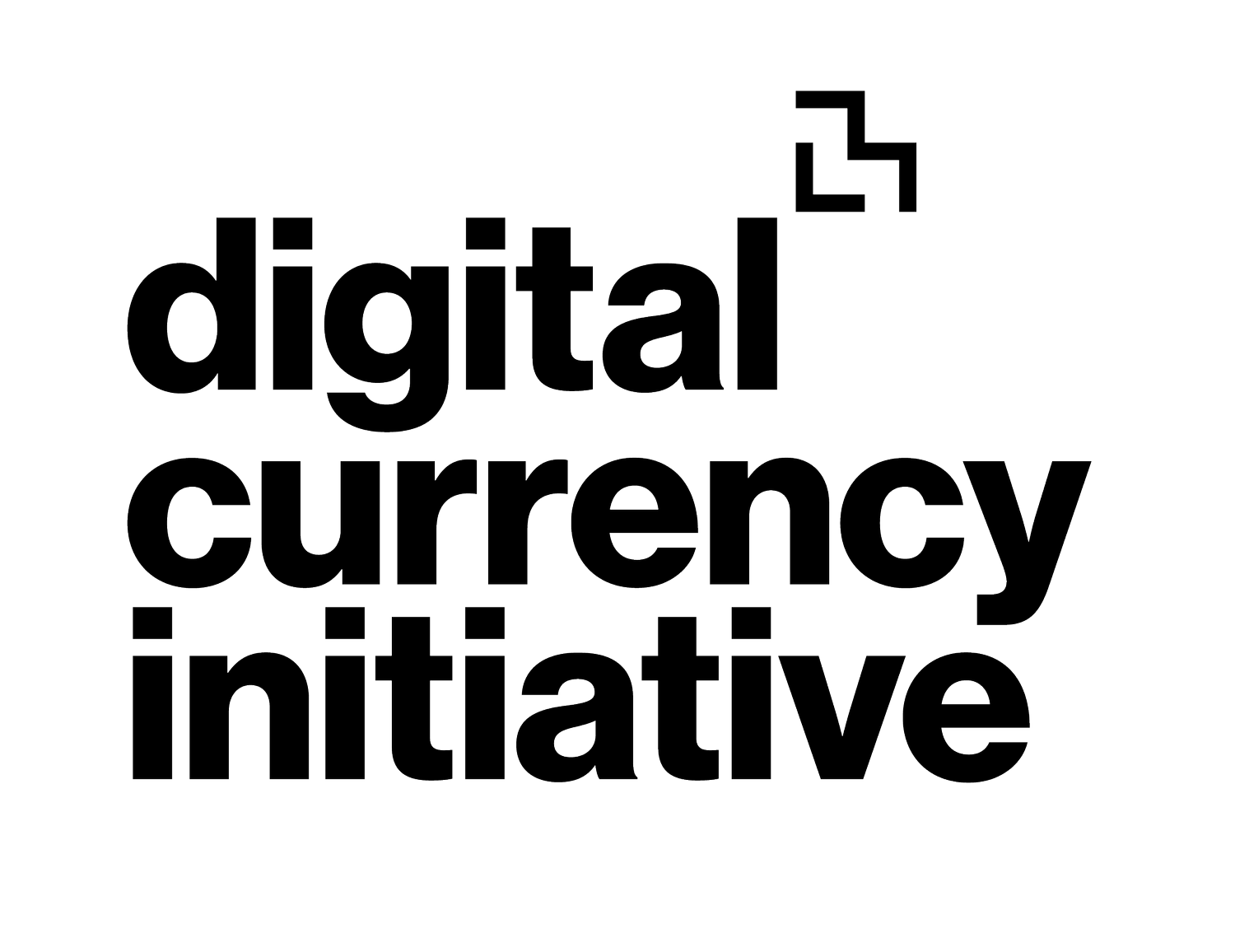Joining MIT DCI to lead our Bitcoin Software and Security Effort
We’re excited to share that AJ Towns is joining the Digital Currency Initiative to lead our Bitcoin Software and Security Effort (please find his announcement below). This four-year research and development program is designed to continue to harden the Bitcoin network and steward the industry’s commitment to funding open source software. The effort will include contributing to Bitcoin Core development as well as longer-term research, such as investigations into the stability of rewards and software to provide strong robustness and correctness guarantees. It will also include attracting talent in network and operating system security, compilers, programming languages, testing, and more to join the effort.
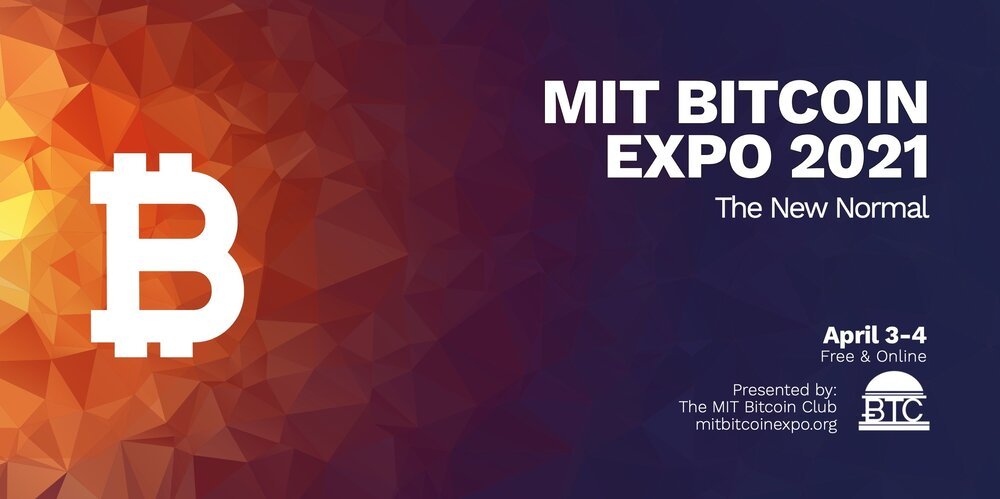
DCI Team Members presented on an array of topics at the 2021 MIT Bitcoin Expo.
View the DCI presentation and fireside chats from the 2021 MIT BItcoin Expo here

"Comments to the Financial Crimes Enforcement Network on Requirements for Certain Transactions Involving Convertible Virtual Currency or Digital Assets" by Neha Narula and Patrick Murck
Re: Comments to the Financial Crimes Enforcement Network on Requirements for Certain Transactions Involving Convertible Virtual Currency or Digital Assets
FinCEN Docket No. FINCEN-2020-0020, RIN 1506-AB47
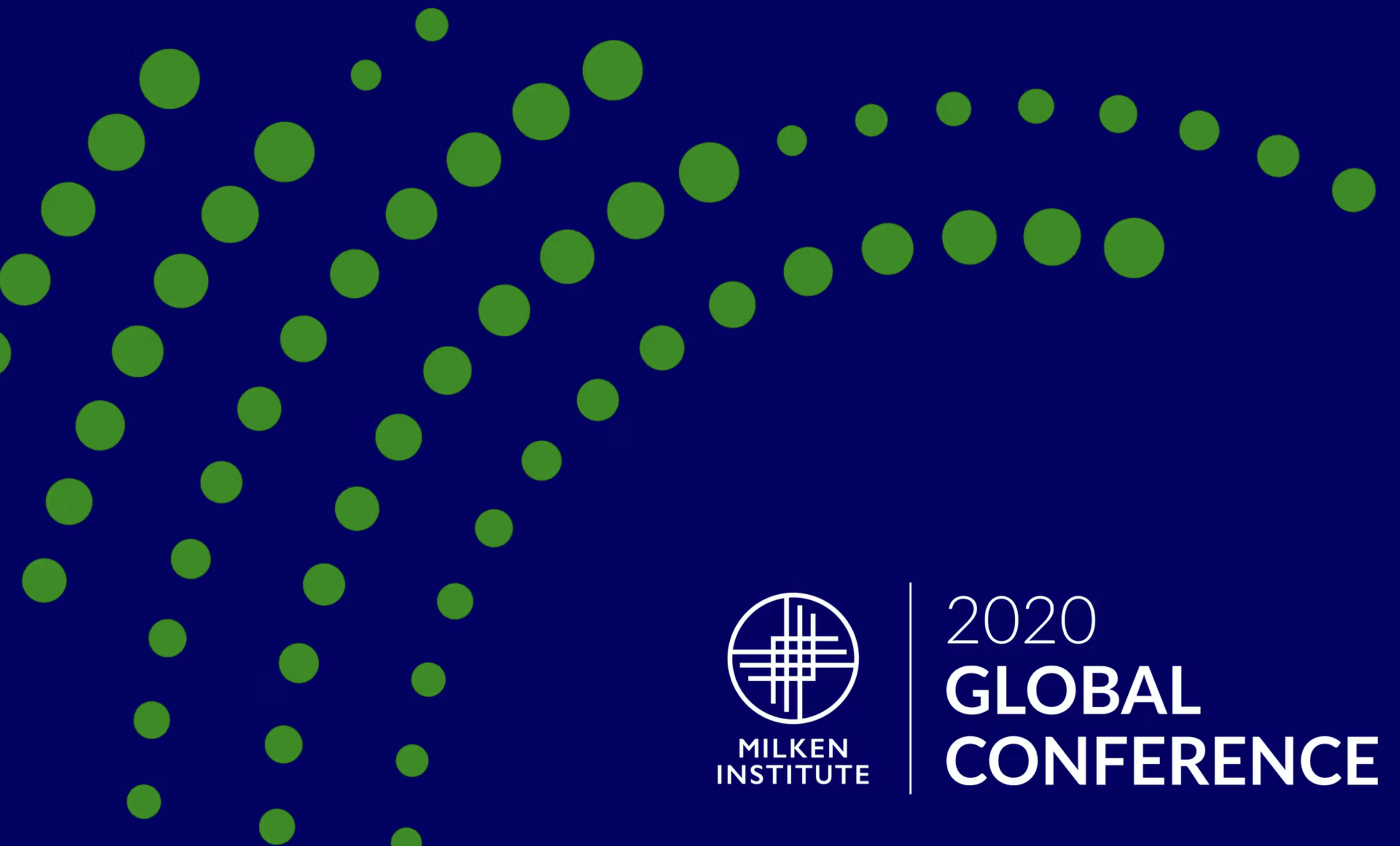
Neha Narula participates in "The Next Frontier in Payments and Financial Inclusion" Panel at the 2020 Global Conference by Milken Institute
FinTech offers unparalleled opportunities for financial inclusion, on both macro and micro scales. Today, payments are embedded in platforms in ways that will upend traditional commerce; crypto payments are creating new ecosystems of inclusivity between businesses and customers; and central banks are looking at digital currency to address inclusion on a national scale. This panel discussion will run the gamut of these exciting developments.

Neha Narula joins the Online Event: Digital Currency, Cross-Border Payments, and the International Monetary System
Please join the CSIS Economics Program in partnership with the OMFIF Digital Monetary Institute for a virtual webinar. This event will feature keynote remarks from Brent McIntosh, Under Secretary for International Affairs at the U.S. Department of Treasury and Kenji Okamura, Vice Minister of Finance for International Affairs at Japan’s Ministry of Finance to discuss recent digital currency developments and what they could mean for the future of the international financial and monetary systems. The keynote will be followed by an expert panel discussion to address key issues including:
The link between digital currency, cross-border payments infrastructure, and currency usage in the international financial and monetary systems.
Technology that supports digital currency and how it can meet the design requirements, specifically of central bank digital currency.
Opportunities and risks presented by digital currency to commercial banks and established payments providers.
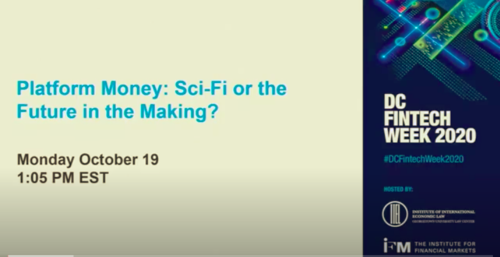
Neha Narula took part in the panel "Platform Money: Sci-Fi or the Future in the Making?" during the 2020 DC Fintech Week
There are many models for “money”--account based models and tokenized money dominate many conversations, but other pathways are breaking new ground as well, including new emoney solutions and conceptions of money as an infrastructure or platform that could support new financial applications and innovations. We talk on this panel about what’s likely--and possible.
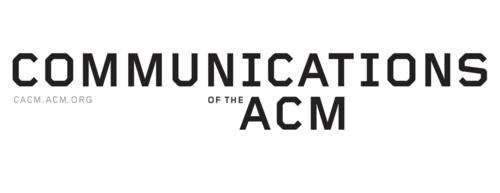
"Responsible Vulnerability Disclosure in Cryptocurrencies" - New Paper Co-authored by Neha Narula
“Despite the focus on operating in adversarial environments, cryptocurrencies have suffered a litany of security and privacy problems. Sometimes, these issues are resolved without much fanfare following a disclosure by the individual who found the hole. In other cases, they result in costly losses due to theft, exploits, unauthorized coin creation, and destruction. These experiences provide regular fodder for outrageous news headlines. In this article, we focus on the disclosure process itself, which presents unique challenges compared to other software projects. To illustrate, we examine some recent disclosures and discuss difficulties that have arisen…”

Pool Detective Lead Gert-Jaap Released a New Research Description for Pool Detective : "Who is Monitoring Mining Pools?"
One of our goals at the Digital Currency Initiative is to harden the security of cryptocurrency networks. Most users of cryptocurrency take the actual network protocol and all of its implementation — mining, pools, validation, messaging, and more — for granted, and aren’t necessarily aware of all the ways these mechanisms might be attacked or fail. For example, though mining pools are a huge part of Bitcoin’s network security, there isn’t any available public monitoring to make sure that mining pools are well-behaved. There isn’t even a standard way to look at what pool operators are doing or infrastructure to keep tabs on pool operators.
MIT DCI Collaborating With the Federal Reserve Bank of Boston to Build a Hypothetical Digital Currency
DCI will be collaborating with the Federal Reserve Bank of Boston to build a hypothetical digital currency. We are hiring a software engineer and there will also be opportunities for MIT UROPs and graduate researchers.

MIT DCI response to Bank of England CBDC discussion paper
The Bank of England released a Central Bank Digital Currency (CBDC) Discussion Paper on March 12th, 2020. The DCI curated a response, led by Rob Ali, which explored topics in the paper (June 12th, 2020)
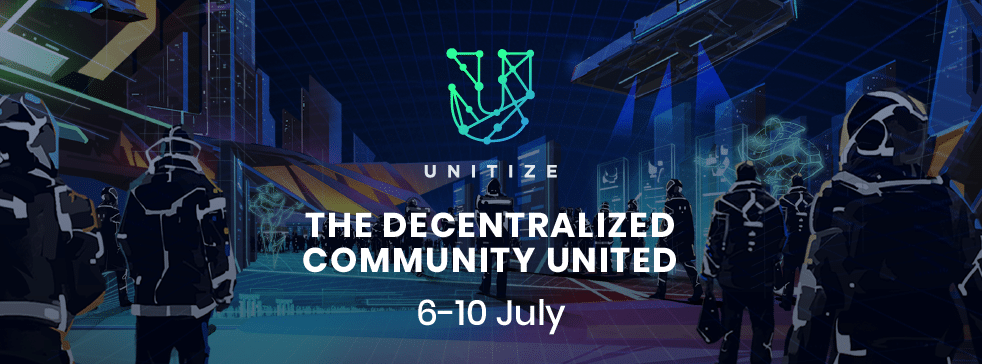
DCI Team Members Presented at the Crypto Economic Security Conference: Unitize Online Event July 6-10th, 2020
Many DCI Team members presented at the Crypto Economics Security Conference: Unitize Online Event July 6-10th, 2020.
View their presentations here

Digital Currency Initiative's Livestream Series - Episode 2: Proof-of-Work
Director Neha, Software Developer Gert-Jaap, Phd student Daniel M. (Harvard) and recent MIT DCI MEng Graduate James discuss Proof-of-Work; and the Digital Currency Initiative’s recent projects around Proof-of-Work. Including Monitoring Pool Mining (Gert-Jaap), Double Spend Attacks (Daniel M. and Neha) and 51% Attacks (James).

Digital Currency Initiative's First Livestream in Upcoming Series
Here is the first livestream in a new series from the Digital Currency Initiative. During this episode, meet some of our team and find out more about the DCI and what we do.
A Lower Bound for Byzantine Agreement and Consensus for Adaptive Adversaries using VDFs
Abstract:
Large scale cryptocurrencies require the participation of millions of participants and support economic activity of billions of dollars, which has led to new lines of work in binary Byzantine Agreement (BBA) and consensus. The new work aims to achieve communication-efficiency---given such a large n, not everyone can speak during the protocol. Several protocols have achieved consensus with communication-efficiency, even under an adaptive adversary, but they require additional strong assumptions---proof-of-work, memory-erasure, etc. All of these protocols use multicast: every honest replica multicasts messages to all other replicas. Under this model, we provide a new communication-efficient consensus protocol using Verifiable Delay Functions (VDFs) that is secure against adaptive adversaries and does not require the same strong assumptions present in other protocols.
ClockWork: An Exchange Protocol for Proofs of Non Front-Running by DCI Co-op Dan Cline with Tadge Dryja and Neha Narula of the DCI
Abstract:
Exchanges are critical for providing liquidity and price transparency to markets, but electronic exchanges sometimes front run their users: because the exchange is in a privileged position, it can observe incoming orders and insert its own orders or alter execution to profit, if undetected, risk-free. There are cryptographic schemes to address front-running, but they either require an assumption of non-collusion or do not definitively prevent it, and none can provide the exchange with useful evidence of good behavior: a transcript the exchange can show to an offline entity, like a potential new customer or a regulator, to prove that it is not front running.
A Working Group's Paper: 'A Model for Genetic Data Exchange and Sovereignty' by the BCG Healthcare Applications Working Group (2018-2019)
Member Company: Boston Consulting Group (BCG)
Project Group: Healthcare Applications
Executive Summary
Over the past decade, significant breakthroughs in DNA sequencing have accelerated our capacity for genetic research and created new disciplines of precision medicine, promising a generation of novel therapies for previously incurable ailments. However, with an influx of vast amounts of genetic data, another challenge arose: the problem of data stewardship and governance. As of today, an individual who has their DNA analyzed through consumer-focused products like 23andMe or Ancestry.com, or through their personal healthcare provider has no promise of knowing where the genetic data goes or how it will be used. This historical lack of transparency has had cascading consequences across the industry- from disincentivizing participation in programs that would benefit from sharing genetic or health data, to driving a profound lack of genetic diversity in clinical trials. We believe that a blockchain tool, leveraging non-fungible tokens, can enable a degree of transparency and traceability to allow individuals to become informed stewards of their own genetic data. By doing so, we strive to build guardrails for privacy and security around the exchange of genetic data, thereby regaining the trust of participants, and encouraging our community to drive a thriving genetic data marketplace for the greater good of society.
TokenSpace: A Conceptual Framework for Cryptographic Asset Taxonomies by DCI's Dr. Wassim Z. Alsindi
Abstract
This work addresses the ongoing lack of legal clarity and inconsistent pronouncements regard- ing the regulatory status of cryptographic assets by introducing a novel series of classification approaches employing non-binary scoring systems. Novel taxonomies have been constructed based upon multi-level categorical and numerical discrimination methods following design science of information systems best practices. The aim is to provide greater explanatory insight with respect to the nuanced and complex ensemble of attributes which may be exhibited within this sui generis type of objects. The notions of Secu- rityness (S), Moneyness (M) and Commodityness (C) are proposed as candidate meta-characteristics for “TokenSpace”: a three-dimensional visual construction of subjective classification approaches towards a co- herent and customisable conceptual framework. TokenSpace can be used to make reasoned qualitative and / or quantitative comparisons of asset properties. TokenSpace has more in common with successful prior classification frameworks in other domains and greater development potential using axiomatic, empirical and qualitative approaches than the sorting, clustering, intuitive or na ̈ıve categorisation approaches pre- viously employed for cryptographic assets. TokenSpace provides a basis upon which real-time information feeds and predictive analytical tools may be developed in future.
'Aurora: Transparent Succinct Arguments for R1CS' by DCI's Madars Virza et al.
Abstract:
We design, implement, and evaluate a zero knowledge succinct non-interactive argument (SNARG) for Rank-1 Constraint Satisfaction (R1CS), a widely-deployed NP language undergoing standardization. Our SNARG has a transparent setup, is plausibly post-quantum secure, and uses lightweight cryptography. A proof attesting to the satisfiability of n constraints has size 𝑂(log2𝑛)O(log2n); it can be produced with 𝑂(𝑛log𝑛)O(nlogn) field operations and verified with O(n). At 128 bits of security, proofs are less than 250kB250kB even for several million constraints, more than 10×10× shorter than prior SNARGs with similar features.

'Blockchain and Money' course taught by DCI Advisor Gary Gensler is now available on MIT Open Courseware
“This course is for students wishing to explore blockchain technology's potential use—by entrepreneurs and incumbents—to change the world of money and finance. The course begins with a review of Bitcoin and an understanding of the commercial, technical, and public policy fundamentals of blockchain technology, distributed ledgers, and smart contracts. The class then continues on to current and potential blockchain applications in the financial sector.”
